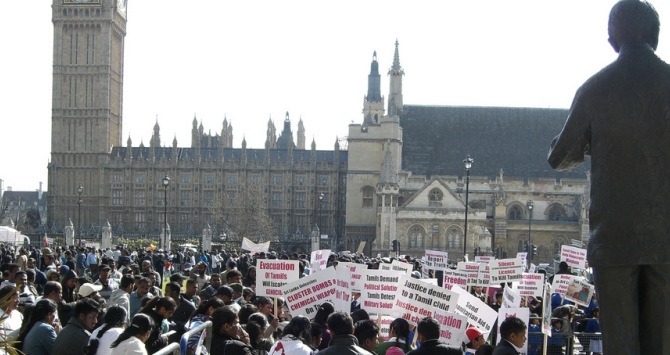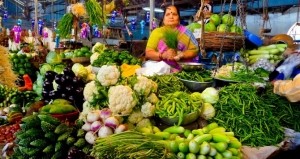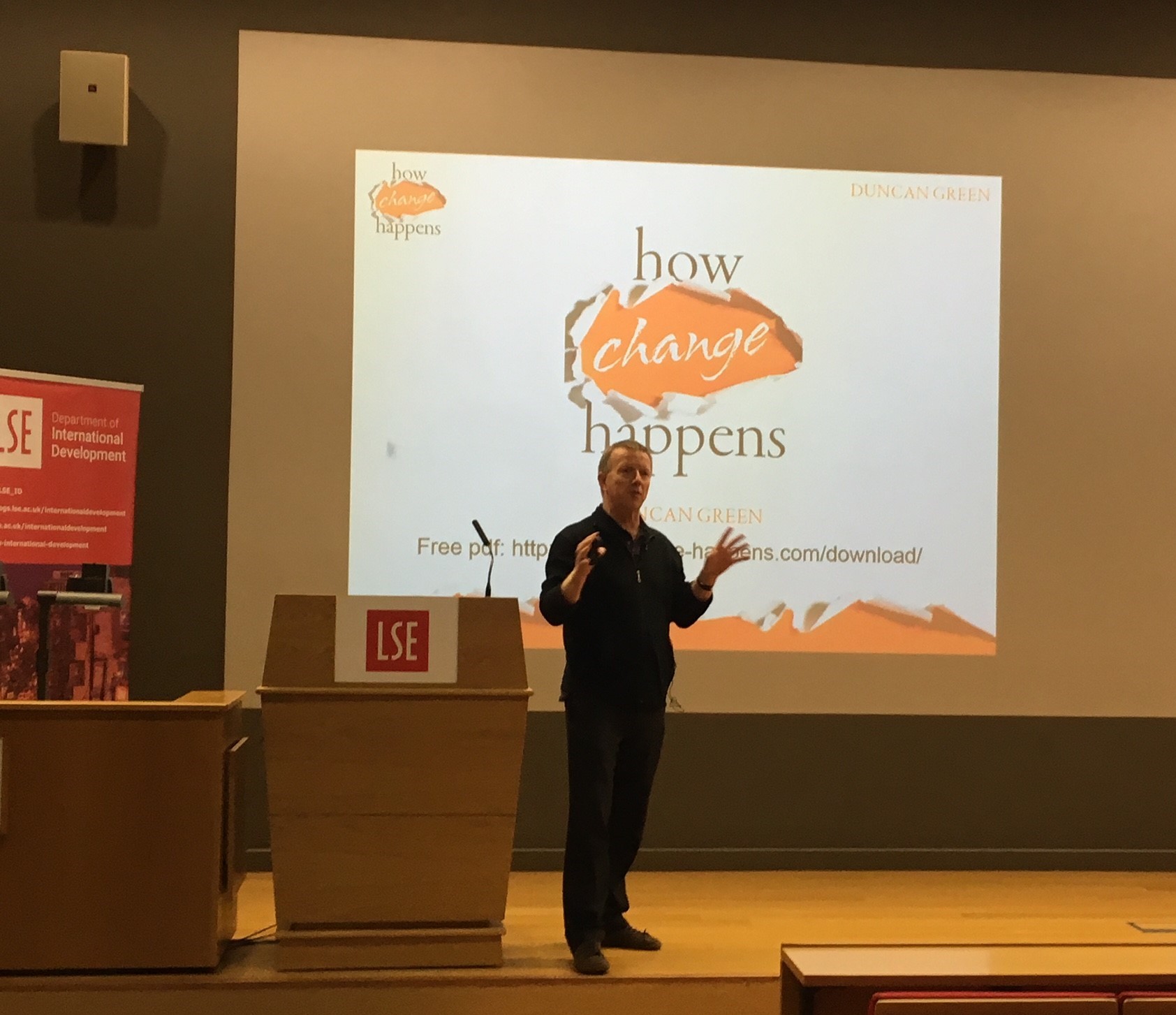
Originally posted on From Poverty to Poverty, by Duncan Green.
In the 1980s and 90s, civil society, and civil society organizations (CSOs) came to be seen as key players in development; aid donors and INGOs like Oxfam increasingly sought them out as partners. So the current global crackdown on ‘civil society space’ is particularly worrying – a major pillar of development is under threat.
Ross Clarke and Araddhya Mehtta from Oxfam (right) have just put together an internal briefing on the problem, and what we should be doing about it (forthcoming – there will be a public version at some point, but if you want a copy, please email Araddhya[at]oxfamindia[dot]org).
Here they set out some of the background trends for anyone seeking to prevent or reverse the crackdown.
Trend 1: Changing nature of development financing and role of the state
As states become less dependent on western aid, they become less open to influence by western governments. [Developing Country] Governments are less tolerant of CSOs challenging ‘political capture’. In some contexts CSOs doing this are perceived as acting for the political opposition. Weak regulatory and accountability frameworks for civil society make CSOs vulnerable to this charge. Several governments exploit this vulnerability and use new regulations to restrict the space of civil society to debate or challenge their economic and political development agenda. Patterns are emerging where neighbouring states apply very similar legislation and tactics, learning from one another about how to control civil society space.
The hard-fought gains of the 1990s and 2000s on civil society space and citizen participation are being reversed. In 2014, Freedom House Index recorded a decrease in freedom globally for the ninth consecutive year. When civil society criticises government policy or a private sector driven agenda, they are often labelled ‘anti-development’, ‘anti-national’, ‘politically motivated’ and even ‘against national security’. This rhetoric undermines both the legitimacy of many CSOs and their ability to operate. It further is generally coupled with a series of reforms to restrict civil society space and stifle public debate. Moreover, individuals and civil society groups are directly intimidated or violently harassed when taking on vested interests on land or natural resource investment or allocations.
Trend 2: Changing nature of insecurity
The rise of extremist groups, militarised responses to insurgency, conflicts in fragile states, and transnational crime, has led to a dominance of the security agenda. Some extremist groups have created shell CSOs to channel funding and governments use this to justify overly burdensome restrictions on all civil society groups. The security agenda’s dominance lends support to authoritarian regimes and weak democratic governments seeking to restrict civil society’s influence.

Trend 3: Changing nature of civil society organisations
As the rights-based approach gained prominence in the 1990s-2000s, civil society organisations shifted their focus from service delivery to influencing policy. Yet as space to engage in policy and political reform decreases, CSOs are pushed to focus more on non-confrontational, service delivery work. Some countries even mandate the extent to which civil society must work on the provision of services and ‘hardware’.
With increased foreign funding for national CSOs comes increased scepticism of international CSOs and western donors. For example, in 2014, the Carnegie Endowment for International Peace reported that 50 countries place restrictions on overseas funding for NGOs. As a result, many CSOs, particularly those with rights-based mandates, have had their funds frozen or restricted. The backlash against rights-based advocacy organisations has meant that individuals and CSOs have been put on watch lists and are forced to go underground, creating an atmosphere of fear and self-censorship. This trend also has extremely violent consequences. During the first 10 months of 2014, 130 human rights defenders were killed.
Trend 4: Changing nature of information and communication technology (ICT)
The increasing prominence of ICT is a double-edged sword. It facilitates increased voice and citizen mobilisation in powerful new ways. However, it provides equally powerful tools to monitor and restrict the legitimate activities of civil society.
Social movements increasingly use technology to connect with and learn from each other. As the Arab Spring and recent uprisings in Brazil, Turkey and Ukraine demonstrate, citizens – particularly youth – are mobilising in stronger, more powerful ways.
The spread of ICTs has also led to new legislation regulating these new spaces, often amounting to severe restrictions on freedom of expression. Governments use data that citizens willingly put online to monitor them, and employ sophisticated surveillance technologies to track and target activists. A number of countries lost ground in Freedom House’s index due to state surveillance, restrictions on internet communications, and curbs on personal autonomy. In 2013, 92 writers, 50% of PEN International’s case list, were in prison or detention for using digital technologies.

Trend 5: Challenges with self regulation
Many of the CSOs started in the 1990s and 2000s boom years (and some existing ones) have weak governance and accountability structures, allowing some governments to question their legitimacy. CSOs need to accept their own shortcomings in this regard. In many cases, both international and national CSOs have been either unable or unwilling to meet basic reporting and administrative requirements. Many INGOs are further perceived – rightly or wrongly – as being more concerned with their own survival than the needs of their clients. Yet although reasonable regulation is legitimate, much bureaucratic oversight has become overly burdensome – a tool to obstruct and constrain dissenting voices rather than enhance accountability. Many CSOs are unable to cope with complex, changing procedures and struggle to obtain unrestricted funding required for effective, accountable organisations.
And here’s a smart piece on the same issue from Civicus Secretary General Danny Sriskandarajah.
Related Posts
   |





